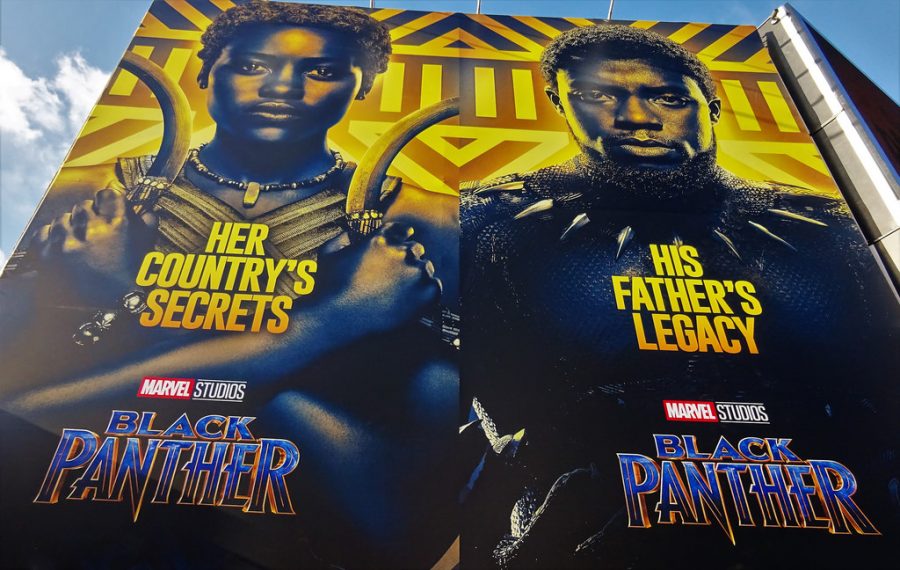Praise for the ‘Black Panther’
WAKANDA: The self titled ‘Black Panther’ movie premiered Feb. 16 and was met with praise and success.
Marvel’s “Black Panther” movie came out Feb. 16, and people are still talking about it. We’re here for it.
Firstly, it showed how powerful and important women are. In the film, the fictional Dora Milaje — “adored ones,” an all-female military group that protects the King and the fictional nation of Wakanda — are perhaps the most obvious example of female strength.
Christopher Priest first introduced the woman warriors to the comic in 1998. Over the years they’ve become more central to the plot, like in the 2016 re-launch of the comic.
Because we know and see that the most disrespected, unappreciated, and disgraced is the black women of not only America but around the world, this movie felt like a tribute to them. The film gave the audience something different by doing so.
We think this movie will not have a significant impact on social and political issues because there have been multiple films made with a majority of black people and yes they got praise too, but nobody really opened up their eyes.
Also, the tables are turned: The most advanced and successful place in the Marvel universe is Wakanda. We find that notion beautiful because the reality is Africa and Africans had everything taken from them.
In this film, the rest of the world is behind and the motherland is ahead by millions of years in technology, medicines, and architectures.
The villain in the film, Eric Killmonger (Michael B. Jordan), wanted to help the rest of the world fight their oppressors unlike the selfish and indignant stereotypical villain in most movies. His character showed the Americanized African culture and what we went through when we were forced to come to America. The outcome of that was his anger. We loved that as well.
The movie was good but people overhyped it way too much. Some people thought it was a tribute to the Black Panther movement in the 1960s. Posts of the movie and pictures of the movement were put side-by-side and shared all over social media.
Although everyone showed support for the film, no one really got the full purpose of the film. The film was about a Wankandan king fighting to keep his throne. That has nothing to do with political movements or the movements going on in that era. The film just had mostly black men and women: the director was black, etc. That’s all, but we understand why they’d misunderstand. Those factors are a lot to be proud of, especially with the success the film has.
We do think it made the Black community proud.


